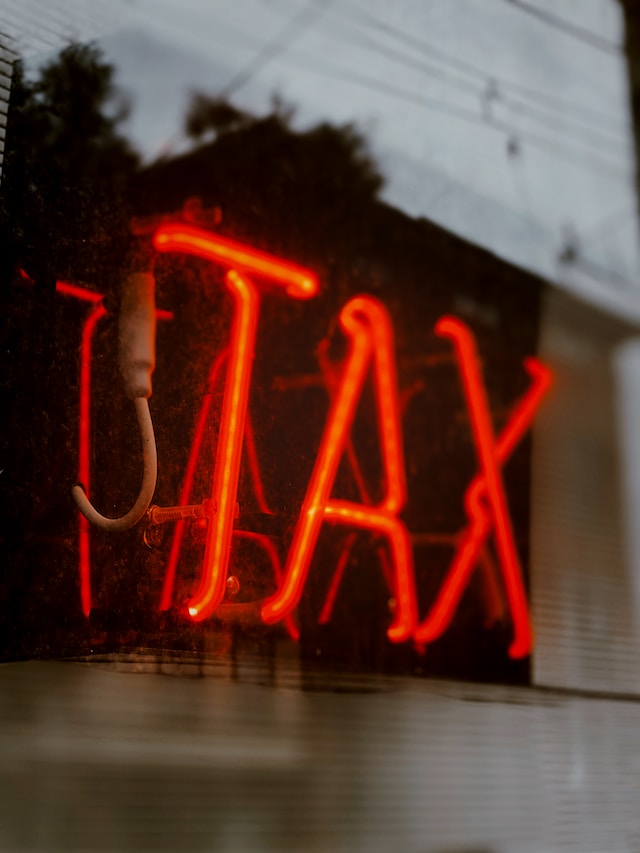Due to widespread tax non-compliance, particularly among independent contractors, the Internal Revenue Service (IRS) has implemented measures to strengthen third-party information reporting.
Under the Housing and Economic Recovery Act of 2008, a provision was introduced that required banks and credit card merchants to report payment information to the IRS. This requirement took effect in 2011, and subsequently, in 2012, the IRS introduced Form 1099-K. The purpose of this form is to utilize third-party information reported by banks, credit card merchants, and other payment platforms to enhance tax compliance and enable accurate tax assessments by the IRS.
As part of the American Rescue Plan of 2021, the reporting threshold for Third-Party Settlement Organizations (TPSOs) has been lowered to $600, down from the previous threshold of $20,000, for a payee with over 200 transactions in a year. This new threshold will come into effect for the 2024 filing season, providing individuals with sufficient time to prepare.
What information is reported on a 1099-K form?
According to the Chamber of Commerce (refer to: https://bit.ly/3JSmcZE), a Form 1099-K reports the total amount of payment transactions made through credit cards, digital payments facilitated by third-party networks (such as Venmo and PayPal), and other freelance platforms that handle payments between two parties.
What should not be reported on Form 1099-K?
The IRS explicitly states that “money received from friends and family as gifts or reimbursements for personal expenses should not be reported on a Form 1099-K.” For example, sharing the cost of a car ride or meal, receiving money for birthday or holiday gifts, or being reimbursed by a roommate for a household bill are not considered taxable income (refer to: https://bit.ly/3PQyRjw). The IRS provides the following advice if you need to correct a 1099-K form that was issued in error: “If the form reports payments that were gifts or reimbursements from family or friends, or if it doesn’t belong to you or is a duplicate, contact the issuer immediately… and retain a copy of the original form and all correspondence with the issuer for your records.”
What if you are unable to have an erroneous Form 1099-K corrected?
In the event that you cannot have an incorrect Form 1099-K corrected, you should report the amount on Schedule 1 (Form 1040), under Additional Income and Adjustments to Income. For instance, if you receive a Form 1099-K for $650 that your roommate sent you as their share of rent, you would:
On Schedule 1 (Form 1040), indicate the error on Part I, Line 8z, under Other income: “Form 1099-K received in error, $650.”
Adjust it on Part II, Line 24z, under Other adjustments: “Form 1099-K received in error, $650.”
These two entries acknowledge the error and result in a net effect of $0 on your adjusted gross income (AGI).
For a detailed description of the form, refer to “Understanding Your Form 1099-K” on the IRS website at: https://bit.ly/3PQyRjw.
Disclaimer: This post provides general information and should not be interpreted as financial or legal advice. We recommend consulting with a tax professional for guidance tailored to your specific circumstances.
For additional information on this or other tax or financial management topics, please contact us at https://www.nosnik.com/contact/
Picture by Jon Tyson at Unsplash

